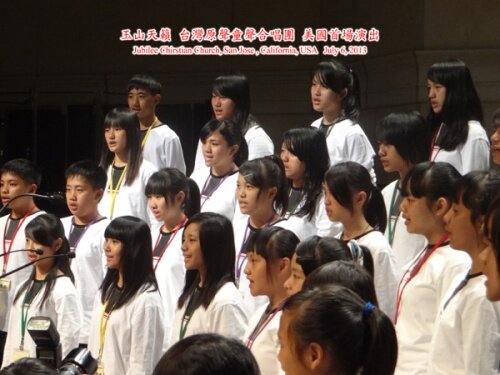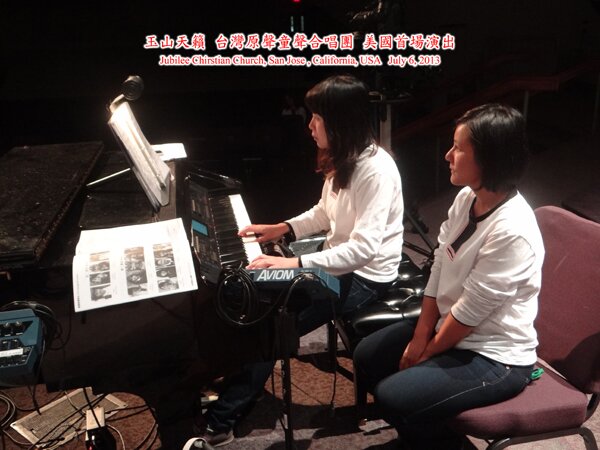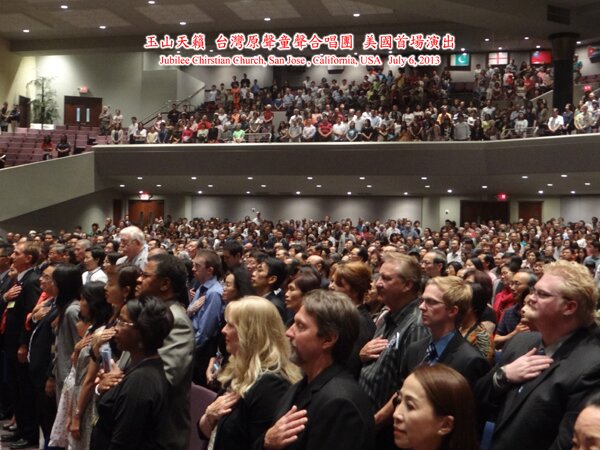On July 12, President Ma Ying-jeou said that the free economic zone (FEZ) initiative is a central plank in Taiwan’s national development strategy and will create favorable conditions for the island’s expanded participation in regional economic integration. “We believe the FEZ project will help boost the local economy and expand Taiwan internationally. It is a policy-making goal the country must not fail to achieve,” Ma said.
”By increasing administrative efficiency and easing regulatory flow on capital, goods and talent, the initiative will fast-track Taiwan’s effort in joining regional trade blocs such as the Trans-Pacific Partnership (TPP) and Regional Comprehensive Economic Partnership (RCEP).”
The president made the remarks while receiving representatives from local business associations.
Generated values estimated
Kuan Chung-ming, minister of the Council for Economic Planning and Development (CEPD), said that due to implementing the FEZ, it is estimated that the volume of ocean freight will grow by 41 percent in the next two years, and airport shipments will increase by 35 percent.
And in the area of international medical care, Health Minister Chiu Wen-ta added the FEZ will focus on “critical illness”, setting up initial test sites in Taoyuan, Taichung, and Kaohsiung. It is expected that these “International Medical Services Centers” will be ready by the end of this year. He is confident that medical services will perform well, estimating that over 170,000 people will come to Taiwan for medical treatment within two years, bringing in US$30 million.
In relation to “value added agriculture”, the Ping-tung Agricultural Biotechnology Park in eastern Taiwan alone will generate value from the originally planned NT$4 billion (US$133.4 million) to NT$10.8 billion (US$360 million) by 2017. Industrial cooperation will bring in private investment of NT$6-11 billion (US$300-366.7 million).
President Ma stressed that “we do not need to debate whether Taiwan will reach the world through mainland China or join the world to get to the mainland, as both routes can be taken simultaneously. This is not an issue of either-or.”
Taiwan has been an active proponent of trade liberalization for over three decades, especially since President Ma took office in May 2008. Efforts by the government to improve cross-strait relations in the past five years have seen Taipei and Beijing conclude the FTA-like Economic Cooperation Framework Agreement (ECFA) in June 2009 and Trade in Services Agreement last June, with another trade pact set to be completed by year-end.
Marching toward goal of free trade island
Recently, Japan’s Prime Minister Shinzo Abe launched the “three arrows”, including reversing the depreciation of the Japanese Yen, promoting financial growth and structural adjustment, so as to boost the island’s long sluggish economy. Nicknamed “Abenomics”, it has won some approval. Similarly Taiwan’s government also introduced the FEZ project, using internationalization and trade liberalization to inject new momentum to counter Taiwan’s economic downturn.
Given the lack of consensus from the Taiwanese people on the liberalization of the economy, the government planned to set up the FEZ in specific areas. If the implementation of the FEZ proves to have little negative impact on domestic industries, and can help to attract investment and enhance the competitiveness of Taiwan’s economy as a whole, they will be extended to the whole country, further accelerating Taiwan’s goal to become a free trade island.
For this purpose, the government launched a plan of “five sea ports and one airport,” designating harbors in Suao, Keelung, Taipei, Taichung and Kaohsiung, as well as Taoyuan International Airport as free trade areas, integrating and extending the industrial zone connections to further attract domestic and foreign investment. The choice of industries in the first stage will include transnational industrial cooperation, smart logistics, international medical care and value added agriculture.
Matching measures in the FEZ policy package include no tax on overseas profits used as real investment in the FEZ, R&D tax credits, tax breaks and other business tax incentives. Further enhancing Taiwan’s attractiveness are new measures making talent recruitment easier, with no residency restrictions for white-collar workers coming to Taiwan, no report of overseas income, and no tax on half of the pay in the first three years.
Upon passing the FEZ special law in the Legislature, the government would carry out the second stage of development work. In addition to zones established by the central government, local governments will be able to apply to set up pilot zones according to areas available for development and transportation conditions.
As for concerns about the standard of imported mainland Chinese agricultural products, and whether international medical care services would affect the rights and interests of Taiwanese locals, the CEPD has considered these worries. In response, they said that fully processed agricultural products are for export only, and are not allowed to enter the Taiwan market. Furthermore, international medical services will only cater to visiting foreign patients, and will not take any patients with Taiwanese health insurance or take money for the national health care program.
Enjoying some advantages, injecting new momentum
Minister Kuan said with its different strengths, Taiwan should take a different route from mainland China, and not compete with the Chinese on land size, wages and production costs. Taiwan should strengthen the business environment by doing its best to make business requirements as transparent as possible.
China is actively working to attract more foreign investment by granting tax incentives and fees concessions. However, Kuan noted that Taiwanese businessmen are fully aware that there are a lot of unwritten rules and hidden costs of doing business in China.
The Taiwanese business community is are excellent at putting ideas or innovations into the market and have more knowledge about China’s market and better marketing experience than foreign merchants. Kuan believes that in light of the strategic layout and planning, foreign investors would much rather cooperate with Taiwanese companies when investing in China.
Though foreign companies might want to set up factories in China, they are also worried that the Chinese do not have sufficient mechanisms to protect intellectual property rights and hence are reluctant to leave key technology in China. Meanwhile Taiwan offers more protection of intellectual property, a real advantage for the island.
The promotion of the FEZ is part of Taiwan’s trade liberalization policies since joining the World Trade Organization ten years ago. This policy direction will help attract investment and create more employment opportunities, thus injecting new momentum into Taiwan’s economic growth, Minister Kuan stressed.
Kuan said that although there might not be immediate economic benefits from setting up the FEZ, experience garnered from many countries that have done so has shown that a more open market will certainly be helpful to Taiwan’s long-term economic growth.
Posted in Economy
Tagged Abenomics, CEPD, Council for Ecnomic Planning and Development, FEZ, Free economic zone, Health Director Chiu Wen-ta, Minister Kuan Chung-ming, PM Shinzo Abe, Pres. Ma Ying-jeou, RCEP, Regional Comprehensive Economic Partnership, Three Arrows, TPP









